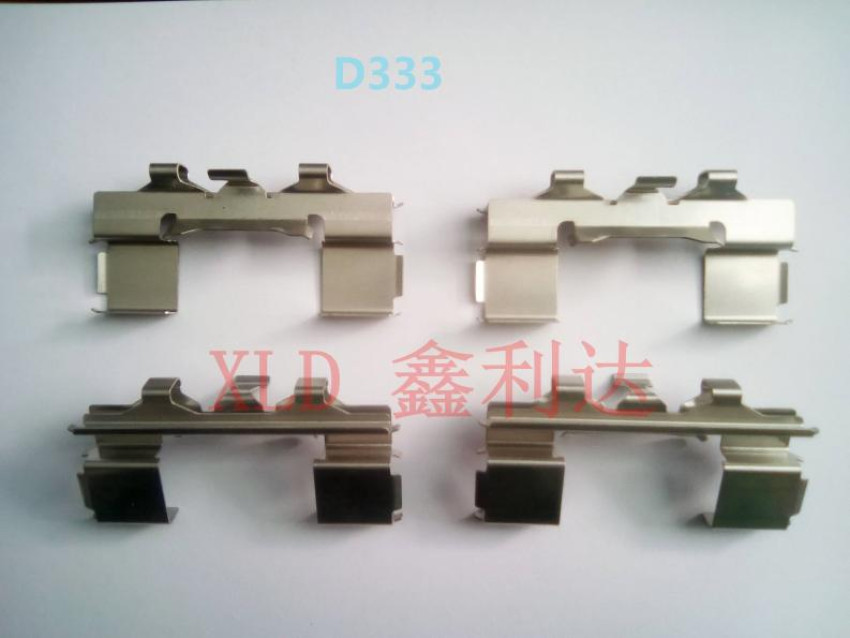
Your vehicle's braking system is crucial for your safety on the road. Regular maintenance and care can significantly extend the lifespan of your brake hardware kit, ensuring optimal performance and reducing the risk of brake failure. In this article, we will explore six practical ways to make your brakes last longer, helping you save money on replacements while keeping you and others safe while driving.
Gentle Driving Habits
One of the most effective ways to extend the life of your brake parts is to adopt gentle driving habits. Avoid aggressive braking, rapid acceleration, and sudden stops whenever possible. By anticipating traffic situations and gradually slowing down or coasting to a stop, you reduce the strain on your brakes, allowing them to wear down more evenly and preventing unnecessary damage.
Maintain Proper Following Distance
Maintaining a safe following distance between your vehicle and the one ahead not only improves your overall safety but also helps preserve your brakes. By keeping a reasonable distance, you can avoid sudden and frequent braking caused by tailgating or reacting too late to traffic changes. This practice reduces the strain on your brake pads, brake pad shims, brake clips, and rotors, prolonging their lifespan.
Brake Fluid Maintenance
Regular brake fluid maintenance is essential for the longevity of your brake parts. Over time, brake fluid becomes contaminated with moisture, dirt, and debris, compromising its effectiveness and potentially damaging brake components. Consult your vehicle's manual to determine the recommended brake fluid change intervals. Additionally, keep an eye on the fluid level and top it up as needed to ensure proper braking performance.
Avoid Overloading
Excessive weight puts additional stress on your vehicle's braking system. Avoid overloading your vehicle beyond its recommended capacity, especially if you frequently transport heavy cargo or tow trailers. Overloading can lead to accelerated brake wear and reduced stopping power. Refer to your vehicle's manual for the maximum weight limits and adhere to them to preserve your brakes.
Regular Inspections
Schedule regular brake inspections with a qualified mechanic or perform them yourself if you have the necessary knowledge. Inspections allow you to identify and address any potential brake issues before they escalate, saving you from expensive repairs and ensuring the longevity of your brake parts. Look for signs of wear, such as thinning brake pads, uneven rotor surfaces, or leaking brake fluid, as well as the condition of brake pad shims and brake clips. Take prompt action if you notice any abnormalities.
Use OEM or High-Quality Brake Parts
When it comes time to replace your brake components, always opt for original equipment manufacturer (OEM) parts or high-quality aftermarket alternatives. These parts, including brake pad shims and brake clips, are specifically designed for your vehicle and undergo rigorous testing to meet industry standards. Inferior quality brake parts may wear down more quickly, compromising your safety and leading to premature replacements. Invest in quality to ensure the longevity and reliability of your brakes.
Conclusion
Taking proactive steps to maintain your vehicle's braking system can significantly extend the lifespan of your brake parts. By adopting gentle driving habits, maintaining a safe following distance, regularly inspecting your brakes, and using high-quality components such as brake pad shims and brake clips, you can save money on repairs, avoid brake failure, and ensure your safety on the road. Remember, a well-maintained braking system is crucial for a smooth and secure driving experience.


